 Several years ago, Chris Dames thought he had made an exciting discovery, a “secret sauce” that would allow him to design a device using a novel mechanism.
Several years ago, Chris Dames thought he had made an exciting discovery, a “secret sauce” that would allow him to design a device using a novel mechanism.
In a 2014 Nature Communications paper, Dames—who works at the University of California at Berkeley—and his team described the first experimental results for the device, a photon thermal diode. A thermal diode conducts heat in one direction but not in the other, and in theory, could have broad applications—for example, provide barriers that shield buildings from excess heat or use heat to power computers.
But two years later, in August 2016, a colleague thought he had discovered a fundamental error in the design of the experiments. Bair Budaev, who also works at the University of California at Berkeley, believed that the authors made a “a fundamental symmetry error” which invalidated their results. Continue reading “Devastating:” Authors retract paper in Nature journal upon discovering error

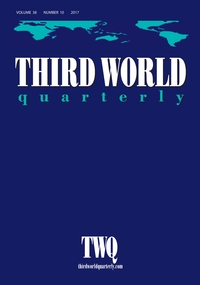


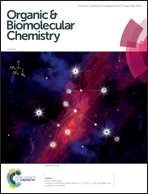
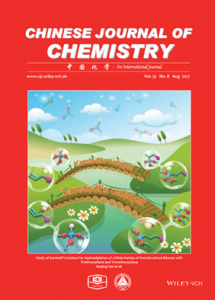
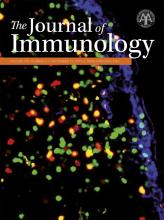 Two journals have retracted papers by a biologist who was
Two journals have retracted papers by a biologist who was 
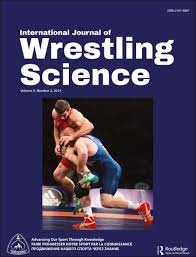 A
A